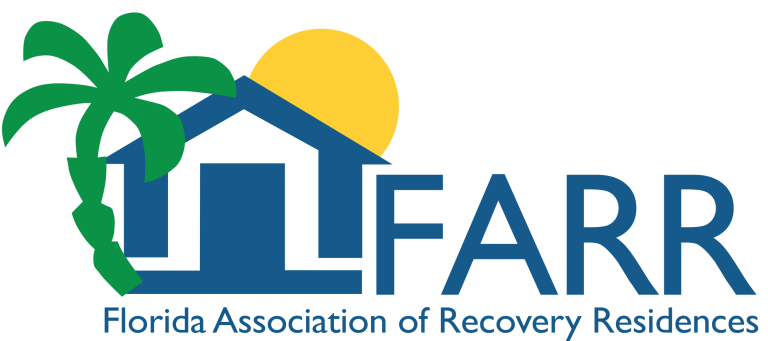Resilience as a concept is very similar to creating a shield of invincibility for your mind. But what is resilience? It can be defined as the resource by which one is capable of covering up with a parachute for a disaster that has happened or is likely to happen. It does not require gargantuan effort to deduce that resilient people do not run away from challenges but instead thrive in them.
In this guide, we shall discuss emerging techniques as to how we can improve resilience thus promoting better mental health.
What is Resilience?
Resilience is the capacity to recover from the phase that a person was in after experiencing adverse events. It is not about trying to avert risks but trying to build the muscle required to deal with risks efficiently.
There is always some importance in building resilience because the experience will be less stressful, you kind of gain a sense of control, and your overall satisfaction with life will be improved. People with resilient personalities are therefore able to sustain or gain control of emotions and thus maintain a consistent, stable emotional well-being all the time.
The Connection Between Resilience and Mental Health
Positive Impact on Emotional Well-being
Emotional strength or resilience is therefore an important force that explains mental health and its enhancement. In other words, cultivating resilience simplifies stress, anxiety, and other mental health problems by preparing for them.
Positive thinking strengthens the self and leads to high resilience because the world becomes a better place to live in. It prevents a sense of hopelessness from reigning, and as such, people face problems enthusiastically and with a very determined spirit.
Benefits of Building Resilience
Improved Stress Management
This is important and speaks to why resilient individuals to stress have less likelihood of burning out or developing anxiety.
Enhanced Emotional Regulation
Resilience training makes one able to contain emotions and the ability to remain composed no matter the prevailing circumstance.
Stronger Interpersonal Relationships
One of the features that resilience brings is communication, which enhances relationships with other people.
Support is available—you've taken the first step by starting your research.
Lorem ipsum dolor sit amet, consectetur adipiscing elit. Ut elit tellus, luctus nec ullamcorper mattis, pulvinar dapibus leo.
You can also start by checking your insurance coverage online.
Steps to Build Resilience
Cultivating a Positive Mindset
Specifically, the first strategy that helps build resilience is the proper attitude—an optimist one. Mental habits include self-affirming by looking at things that elicit gratitude in daily life.
Affirmations also come in handy in changing the thought process and converting negative thought patterns into positive, empowering statements. In the long run, the described practices help to build up mental muscles and to become mentally tough.
Building Strong Support Networks
Coping assets are something that every person needs for their proper emotional regulation and functioning. One should engage friends, families, or other support groups, that they can support and understand.
Reading one’s experiences and feelings out loud to persons whom one can trust helps to put into perspective what has been hard to cope with.
Contact Solutions Healthcare
Battling with Drug and Alcohol Addition? Remember, you are not alone and we are here to help you!
Practical Strategies to Improve Mental Health
Mindfulness and Stress Management
Meditation and deep breath exercises are some of the procedures used to reduce the rate of anxiety and stress. Take time during the day—probably a few minutes to reflect on present moments and stay focused.

A final technique is journaling, which is also useful for regulating emotions to devise a solution to numerous forms of stress.
Physical Activity and Nutrition
Endorphins, which are produced during exercise, increase the mood and help to fight off anxiety. Try to do at least 30 minutes of moderate aerobic exercise, 3 to 5 days a week.
A well-portioned, wholesome diet also offers the molecules your brain requires to perform well and underpins your mental health.
Recognizing When to Seek Help
Signs You Might Need Support
At some point, people need professional help to help them build a level of resilience and improve their mental health. If one is overwhelmed by such feelings for a long time, one needs the help of professionals.

Therapy and Counseling
Counselors and therapists can assist one in learning skills they can put to use in building up stress hardiness.
Support Groups and Community Resources
Community participation enables one to work hand in hand with other people who have experienced similar problems.
Resilience is part of the coping strategies that recommend itself for improving mental health and quality of life. Moving on the outlined strategies in this guide will help you enhance your resilience to deal with challenges in life.
If you are ready to move to the next level of mental health care, contact us at DeLand Treatment Solutions for information or to schedule a consultation with a mental health professional now. Together, we can create a stronger and improved you.





























